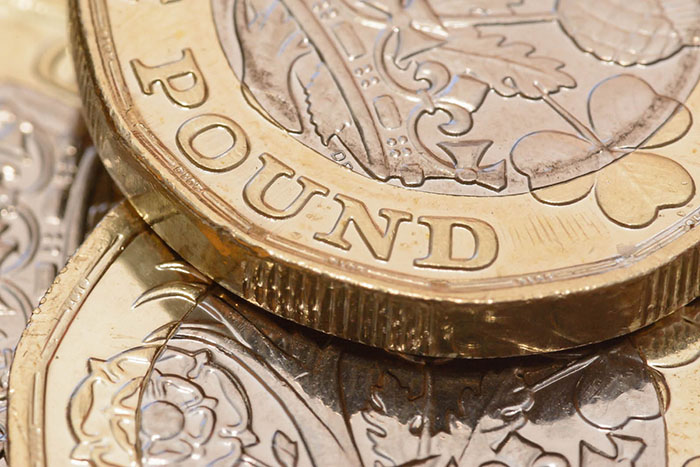Businesses would be forgiven for thinking they can put VAT on the back burner, since the Government announced the deferral of VAT payments due between 20 March and 20 June 2020 to help alleviate immediate cash flow pressure owing to the UK’s Coronavirus restrictions.
However, there are a few points to remember:
- The VAT deferral is for payments only – businesses will still need to file VAT returns as usual. This is particularly important if a business is expecting a refund or reclaim of VAT from HMRC at this time – HMRC have said they are still processing these as normal.
- We are still awaiting details of how to pay any deferred VAT, but we know it will be due on or before 31 March 2021, so some budgeting for this would be prudent.
- If a business pays VAT instalments by direct debit, it will need to contact its bank as soon as possible to cancel the mandate – in most cases this is likely to be possible online.
- VAT payments due via the MOSS (“mini one stop shop” for certain digital services supplied B2C from the UK into the EU) are excluded – these should therefore be paid as normal. This makes sense because under the MOSS HMRC is simply acting as the collector of VAT to distribute to the relevant EU jurisdiction(s).
- Dining businesses pivoting to food takeaway/delivery services should make sure they are clear on the VAT treatment of their supplies. As a brief reminder of the key points:
- Cold food takeaways are usually zero-rated (with some exceptions – e.g. alcohol, crisps, sweets, or food provided in the course of catering)
- As for food for consumption “on the premises”, hot food takeaways and deliveries are generally standard-rated – there is lots of guidance in HMRC VAT Notice 709/1
- Mixed supplies of hot and cold foods may require separate VAT treatment
- Supplies of groceries are generally zero-rated (with some exceptions for items like ice cream, confectionery and alcoholic beverages – see VAT Notice 701/14)
- Supplies of e.g. “meal kits” or frozen food – where customers are required to provide significant further preparation, are zero-rated
- Packing and delivery services may not follow the VAT treatment of the underlying goods.
As the Coronavirus measures roll on and economic impact becomes clearer, HMRC may come under pressure to review businesses “estimated VAT” liabilities for the current accounting period so as to better align future VAT advance payments with any new estimate. Though it could work both ways, it would seem unfair in principle to make businesses that are negatively impacted by the restrictions pay VAT on account for the remainder of the year on a “business as usual” basis, and suffering a cash flow cost until the final payment for any balancing adjustment to take effect.
On a non-VAT–related note, larger businesses paying UK corporation tax by instalments should consider whether a recalculation of their expected liability for the current accounting period is warranted, though visibility and certainty on what that figure might ultimately be at this juncture is an obvious challenge. Interest may be due on any underpayment, and reclaims of overpayments from HMRC are not usually available until the final instalment for the accounting period (which could still be 12 months or more away). It is conceivable (though there is no current indication) that the Government could adopt a similar deferral for corporation tax instalment payments.
